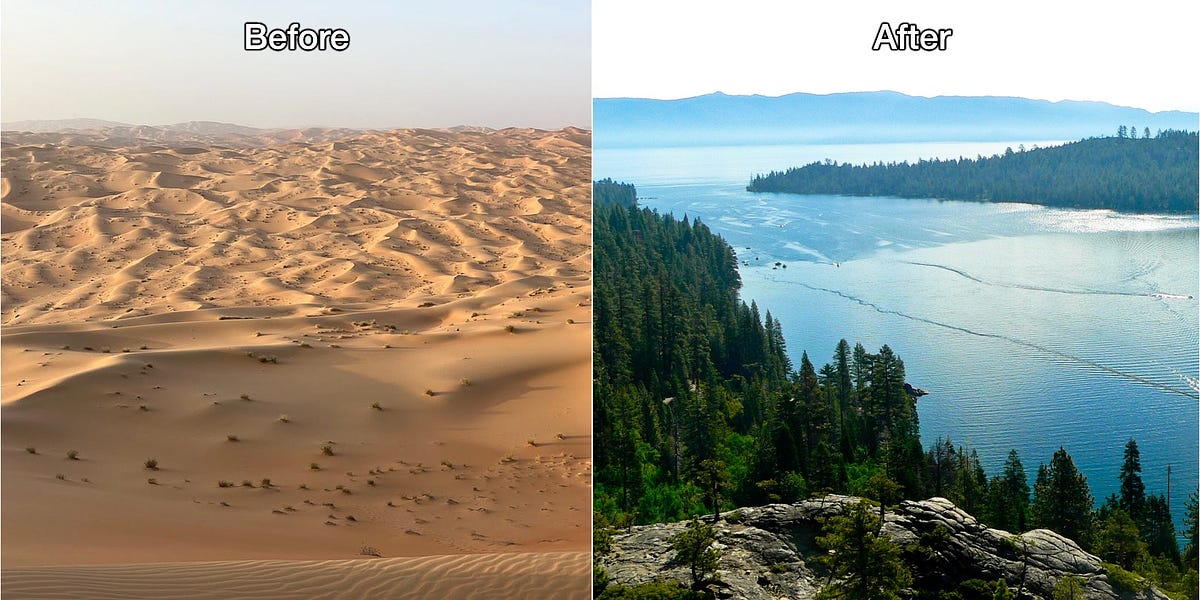Swimming's Slow Dive Towards Diversity: Paris Olympics Highlights A Stark Reality

The men's 50-metre freestyle heats at the Paris Olympics offered a glimpse into the future swimming hopes to create. Or, more accurately, the future it needs to embrace if it aims to broaden its appeal, tap into new markets, and generate fresh revenue streams. The starting blocks for that heat at the La Défense Arena featured an all-Black field â a powerful image, albeit just three athletes.
Further progress was evident in the women's 50-metre freestyle. The first six heats largely, and in some cases entirely, showcased swimmers of colour. Meanwhile, former American Olympian Cullen Jones, a four-time Olympic medallist including two golds, moderated a panel on diversity in Paris. Jones, one of the most successful Black swimmers ever, sees these moments as small yet significant steps.
"It was an extremely powerful message," Jones told Reuters. "There is a movement, but it's going to be a slow process. For over 400 years, our culture has told us this is something we don't do, so hopefully it won't take that long to change, but it will take time."
For years, swimming has struggled to address its lack of diversity. While the Paris Olympics have achieved gender equality, the pool deck reflects a sport seemingly stuck in the past. Despite high-tech swimsuits, the finals at the La Défense Arena look much like they might have in 1960 at the Rome Olympics, with mostly white swimmers dominating the starting blocks.
Swimming has been a staple of every modern Olympics, but it wasn't until the 1988 Seoul Games that Anthony Nesty of Suriname, now coach of the US men's swim team in Paris, became the first swimmer of African descent to win gold. It took nearly three decades for a Black woman to achieve the same feat in an individual event, with Simone Manuel of the United States claiming victory in the 100-metre freestyle at the 2016 Rio Games.
The US, a swimming powerhouse, sent 46 athletes to Paris, but only two â Shaine Casas and Manuel â are Black. Manuel, competing in her third Olympics, remains a beacon of diversity, her two relay silvers in Paris bringing her medal haul to seven. However, the sport continues to wait for a breakout star who can bridge the gap and attract a more diverse fanbase.
Golf has Tiger Woods, gymnastics has Simone Biles, tennis has Serena and Venus Williams, but swimming is yet to produce a cultural icon who can draw in a new audience.
Jones, who took up swimming after a near-drowning experience as a child, believes that this athlete would emerge more readily if more Black people learned to swim. USA Swimming reports that less than 5% of its registered members are Black or Latino. Changing this, Jones insists, requires dismantling 400 years of ingrained beliefs that swimming is not for Black people and confronting cultural stigmas and stereotypes.
"If you're talking about an athlete on the level of a Leon Marchand or Michael Phelps, it is going to take time," Jones conceded. "We've had some great athletes who have broken through, but reaching the level of a Marchand or a Phelps requires a lot. I did well, and Simone surpassed me in medal count at these Olympics, so that signifies progress. My own career was a series of baby steps, and when it comes to this, we will have to take it step by step."





